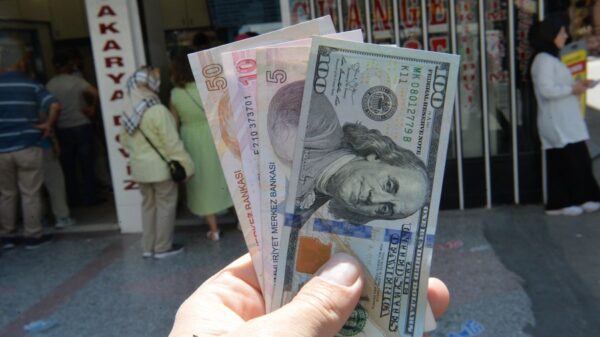 NAIROBI, Kenya, Sep 27- In a move meant to cut off middle men who have contributed to the weakening of the shilling, the Central Bank of Kenya (CBK) has said it will be selling foreign exchange directly to importers.
NAIROBI, Kenya, Sep 27- In a move meant to cut off middle men who have contributed to the weakening of the shilling, the Central Bank of Kenya (CBK) has said it will be selling foreign exchange directly to importers.
This decision effectively means that CBK is looking to reduce currency speculations that have helped to further put the shilling under pressure.
“The Central Bank now proposes to sell foreign exchange directly to targeted sectors of the economy which are most beneficial to the widest public,” said Governor Prof Njuguna Ndung’u in a statement to newsrooms.
CBK will work in concert with the Energy Regulatory Commission to identify the genuine importers and ensure that this process is not manipulated by unscrupulous businessmen.
Prof Ndung’u said this proposal would shift a ‘significant component of the demand for foreign exchange away from commercial banks’ that have been suspected of engaging in speculative activities.
And nearly two hours after the CBK released the statement; the markets reacted with the shilling strengthening by about 1.55 percent to Sh102.54 to the dollar giving credence to reports that speculation in forex trade is rife.
Some analysts contend that were it not for speculation, the shilling would be exchanging within the Sh88 to Sh92 band to the dollar.
The shilling deterioration has greatly inflated the country’s balance of trade with the worst hit being importers of petroleum products, farm inputs, machineries, cars and other imported goods.
The performance of the local unit, which has in the past few days been falling by as much as 2.4 percent per day, has brought uncertainty in the market and put in jeopardy many companies’ planning and expansion programs, a fact that the Central Bank acknowledges.
“Consequently, importers have been driven into a captive position where they have to pay whatever is demanded from them,” the governor pointed out.
Further, the Central Bank has conceded that its previous move to sell foreign exchange directly to commercial banks has been ineffective in supporting the shilling.
This signal has only served to attract speculators with the number of players, especially banks making a killing on the unit increasing rapidly.
It is with this knowledge that Prof Ndung’u has vowed to continue monitoring banks to establish whether they have been using insider information to profiteer from the forex market.
The Central Bank has also said it will enhance its capacity to buy directly from the major foreign exchange earners thereby ‘diversifying its sources of building up its foreign exchange reserves’.
Going forward, it remains to be seen what impact the actions will have on the currency given that the Central Bank has in the past been inconsistent in its policy stance.

























